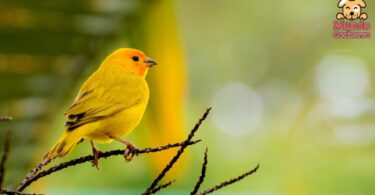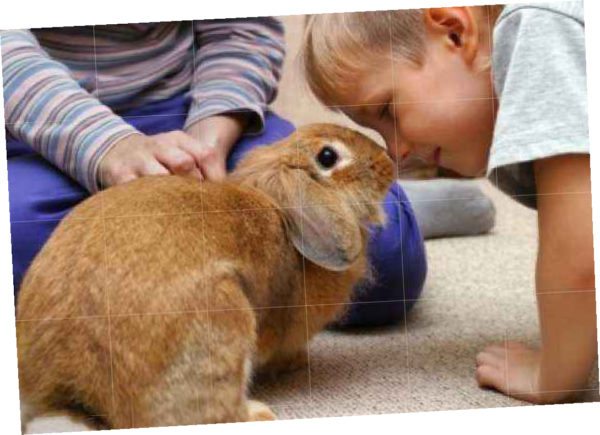Canaries are famous around the world for their melodious and unique song. People who have ever had a canary at home know that it is a bird that usually sings throughout the day. There are different reasons why a canary stops singing, but in general it is an abnormal behavior. In this post we tell you about the most frequent causes why this bird may stop singing.
Indice
Reasons why a canary stops singing
- Moulting season. Once a year, canaries molt their feathers. This period usually lasts about three months. During this time, canaries drop their feathers and grow new feathers. In this case, it is normal for them to stop singing during this period and start singing again once they have their new feathers.
- Stress. Stress may be one of the reasons why the canary may stop singing. To avoid stress in a canary you must ensure that it has the necessary conditions for its well-being. These include quality food, a cage with enough space to move around, a location with sufficient natural light and even, on occasion, companionship.
- Diseases. Canaries can suffer from various diseases that cause the lack of song. The most frequent are respiratory and digestive diseases, gout, parasites and mycosis. In general, these are diseases that are not always easy to detect, so it is best to have your pet checked by a veterinarian to determine what is wrong.
It is important to know that very small canaries or female canaries do not sing. In fact, the vast majority of female canaries only emit a kind of whistling sound that is very different from the song of the male. On the other hand, if the canary is very small, it will not yet sing. The first songs of canaries usually start at six months of age.
How to make your canary happy
There are a few things you can do to make your canary more lively and happy. For example, you can improve the feeding of your canary. When it is in moulting season, you can boost its feeding.
A good idea is to include apples, oranges and bananas at least two or three times a week. You can also offer some vegetables such as broccoli or corn on the cob. You can also consult your veterinarian about the possibility of giving some nutritional supplements to help your bird overcome the molting stage.
It is important to know that this bird should not receive too much light when it is in this period when it changes its plumage, so that the period is shorter.
On the other hand, remember that it is necessary that your bird’s cage has good space to stretch its wings and that it has natural light. If your space is cramped and does not receive natural light, it is likely to become depressed and stop singing.
Image courtesy of https://pixabay.com, all rights reserved.







